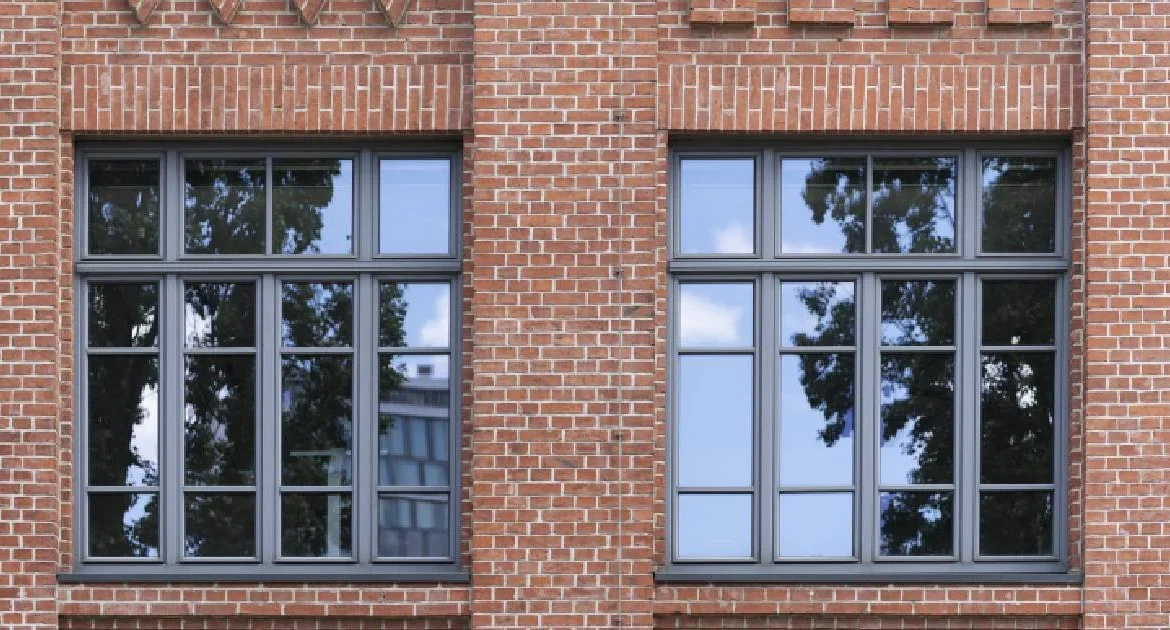Tinted house windows have become a popular choice for homeowners seeking to enhance the aesthetic appeal, privacy, and energy efficiency of their homes. While window tinting offers various advantages, it’s essential to weigh the pros and cons before making a decision. In this blog, we’ll explore the benefits and drawbacks of tinting your house windows.
Pros of Tinted House Windows
- Energy Efficiency: Tinted windows can significantly contribute to energy efficiency by reducing the amount of heat entering the house. The tinted film acts as a barrier, blocking harmful UV rays and preventing excessive heat gain, thus reducing the need for excessive air conditioning.
- Privacy: Tinted windows provide an additional layer of privacy by making it more difficult for outsiders to see into your home. This can be especially beneficial for homes located in busy neighborhoods or urban areas.
- UV Ray Protection: Tinted films block a significant portion of harmful ultraviolet (UV) rays. This not only protects your skin and eyes but also helps prevent fading and damage to your furniture, flooring, and other belongings caused by prolonged sun exposure.
- Glare Reduction: Tinted windows minimize glare from the sun, making it more comfortable to work on computers, watch television, or read without the annoyance of harsh sunlight.
- Enhanced Aesthetics: Tinted windows can enhance the overall appearance of your home. The sleek, modern look adds a touch of sophistication, and the variety of tint shades allows you to customize the style to match your preferences.
Cons of Tinted House Windows
- Cost: One of the main drawbacks of tinted windows is the upfront cost. The installation of high-quality tinted film can be relatively expensive. However, many homeowners consider it a long-term investment due to the energy savings and increased property value.
- Reduced Natural Light: While tinted windows provide privacy and reduce glare, they may also reduce the amount of natural light entering your home. This could be a disadvantage for those who prefer a well-lit living space.
- Maintenance Challenges: Over time, window tint may develop scratches, bubbles, or discoloration. Replacing or repairing the film can be a maintenance challenge and may require professional assistance.
- Legal Restrictions: Some regions have regulations regarding the darkness of window tints on residential properties. It’s crucial to check local laws to ensure compliance, as violating these regulations could result in fines or the need to remove the tint.
- Limited Views: Extremely dark tints may limit the outside views from your windows, affecting the connection with your surroundings. This is a subjective consideration, as some homeowners may appreciate the increased privacy, while others prefer unobstructed views.
Is Window Tinting Right for Your Home?
Now that we have covered the pros and cons of tinted house windows, how do you decide if it is the right choice for your home? Consider the following factors:
- Your Climate
– If you live in a hot and sunny region, window tinting can help reduce cooling costs and protect against UV damage.
– If you live in a cold climate, you might want to opt for a lighter tint to allow some heat from the sun. - Your Budget
– If you are looking for long-term energy savings, investing in high-quality window films can be worthwhile.
– If budget is a concern, consider starting with tinting only the most sun-exposed windows. - Your Privacy Needs
– If privacy is a priority, window tinting is a great way to keep prying eyes out without sacrificing natural light.
– If you prefer an open feel, consider a lighter or reflective tint. - Aesthetic Preferences
– Make sure the tint you choose complements your home’s exterior.
– Check with your local regulations or HOA guidelines before making any changes.
Conclusion
Tinting your house windows offers a range of benefits, from improved energy efficiency and privacy to UV protection and enhanced aesthetics. However, it’s crucial to weigh these advantages against the potential drawbacks, such as upfront costs, reduced natural light, and maintenance challenges. Ultimately, the decision to tint your house windows should align with your specific needs, preferences, and local regulations.

